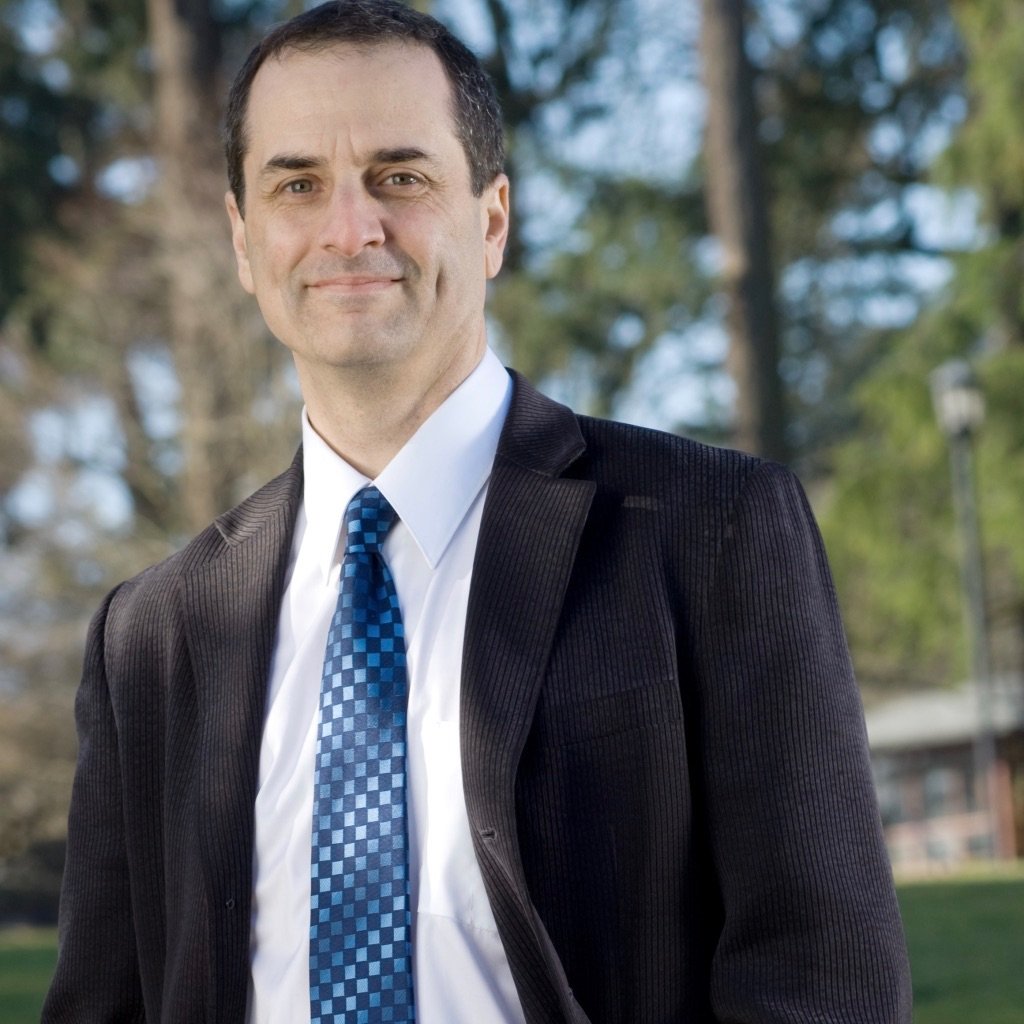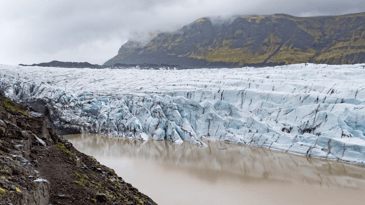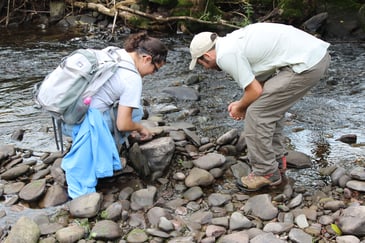The Bard M.Ed. in Environmental Education: Our Theory of Change

The fundamental lesson of ecological literacy is simple to state: everything is connected to everything. Consider the Covid Pandemic. Within a period of months, a virus that evolved over hundreds of thousands of years among wild creatures spread like wildfire from one person to another to communities across every city on the planet, sickening tens of millions, shuttering businesses, and leaving hundreds of millions without work and income. People made tremendous sacrifices to protect their loved ones, co-workers, and communities. And a century of knowledge accumulation by evolutionary cell biologists, coupled with a vast interconnected global economic infrastructure, culminated in vaccines that are now coursing through the veins of over a billion people. The pandemic revealed how we are truly connected: from species ecology to human communities of commerce and care and science to the ecology of the human body.
This is the bewildering world that K-12 students must learn to comprehend. And to love. Why love? Because nature in its complexity provides the support systems for life. With eight headed to ten billion people on the planet, those support systems are massively threatened. If children do not gain ecological literacy—and the love of nature that flows from it—then there will be no political will to change the rules now causing ecological breakdown. Just as critically, there will be no business inspiration to change the game now leading us-- unchanged-- down a deeply unsustainable path. Environmental education, sustainability education, is the beating heart of the Bard GPS’s Theory of Change.
Changing Minds
For most of human history, being a good student of the environment was the difference between life and death. For hunter gatherers, and later for small-hold farmers, close observation of nature was the foundation for productive foraging and hunting, or a decent crop yield. The biologist E.O. Wilson has theorized that for this reason, people have evolved the capacity for an instinctive fascination with the natural world, called biophilia or love of nature. People who were close observers of the natural world, he argues, would be more likely to survive, have children and pass along their genes. So evolution has hard-wired us with the ability to connect powerfully with the nature, and gain a profound pleasure in this close interaction. But just having this capacity does not mean it is exercised. Given this, the theory of change underlying Bard’s M.Ed. in Environmental education is simple: awaken students’ innate biophilia. Cultivate a love of the natural world through close engagement with it.
Humans no longer live as hunter-gatherers or small-hold farmers. Today more than half of the world’s population lives in cities; everyone spends more and more time indoors and online. As most humans no longer hunt or fish or farm for a living or even for recreation, we now desperately need environmental education, and environmental educators. In an age of accelerating climate change and accelerating species extinction, creating an ecologically literate population will continue to be the difference between life and death, now for whole communities. Only by cultivating love and respect for nature will we build powerful political and economic movements to change the rules, change the game, and create a sustainable future.
In most countries around the world, environmental education is not a significant part of the public school curriculum. Instead, that role has typically been filled by non-profit organizations who offer in-school, after-school or summer-school programming, and by farms, science centers and museums. In the US, many towns and cities have an active ecosystem of NGO’s working to fill this role. Typically, these programs feature project-based learning where students are encouraged to get dirty playing with worms or planting gardens. As students get older, these experiential learning opportunities increasingly focus around solving local sustainability challenges: recycling or climate action. Place-based learning, grounded in engagement with indigenous heritage and knowledge, is another hallmark of environmental education. Students integrate the natural history and ecological functioning of a place with an understanding of the social and historical context of local environmental and social issues. A variant of place-based study, outdoor education often focuses on developing leadership skills and competencies through team-based experience in nature. The intellectual heart of environmental education is the idea of ecological literacy: understanding the interactions of complex, biogeochemical systems. And learning as well how human communities engage with these systems.
The Bard M.Ed. in Environmental Education Degree
To reach more than the fraction of the school age population who currently have access to sustainability education programs, there is a vital need to grow them, quickly. This is the purpose of Bard’s M.Ed. in Environmental Education degree program. Frontline environmental educators typically have a bachelor’s degree or less. In the US, many recent college grads are introduced to environmental education through programs like Americorps. Our program supports people with front-line educator experience, to become leaders in this space. Our graduates are expanding the reach of existing environmental education organizations, or starting new ones. Given the vast need for this kind of leadership, it is surprising that Bard’s degree program is one of only six masters in the US that offer the M.Ed. degree in either environmental or sustainability education.
As with policy and business, environmental education is working to overcome a racist history, one that has reified the idea of experience in “wilderness” or pristine nature as the essence of environmental education. Defining the environment iconically as wilderness places it far, far outside the reach and experience of most of the young people on the planet. This renders it irrelevant at best, alien at worst. Environmental education at Bard is instead grounded in the hands-on experience of the ecological functioning of immediate, local place—whether that place is a city block or a national forest.
The Bard M.Ed. program begins with a year of integrated coursework in environmental education, environmental science, K-8 pedagogy, and communication. The first year includes a January term course on place-based and outdoor education. In the second year, students pursue a four-to-six month high-level professional internship at sites across the world, and complete a year-long individually-mentored capstone, working one on one with a faculty advisor. The goal: a career awakening the love of the natural world into a rising generation. To learn more about the work of our graduates, please see our Alumni LookBook.
Beyond Changing Minds
Solving the profound sustainability challenges of our time requires equipping young people with basic ecological literacy. Engaging with nature means learning to love and care for it. Today’s students will be tomorrow’s policy leaders changing the rules, and sustainable business leaders changing the game. This means that environmental education, changing minds, is the foundation for the other two theories of change that underly the Bard Graduate Programs in Sustainability.






